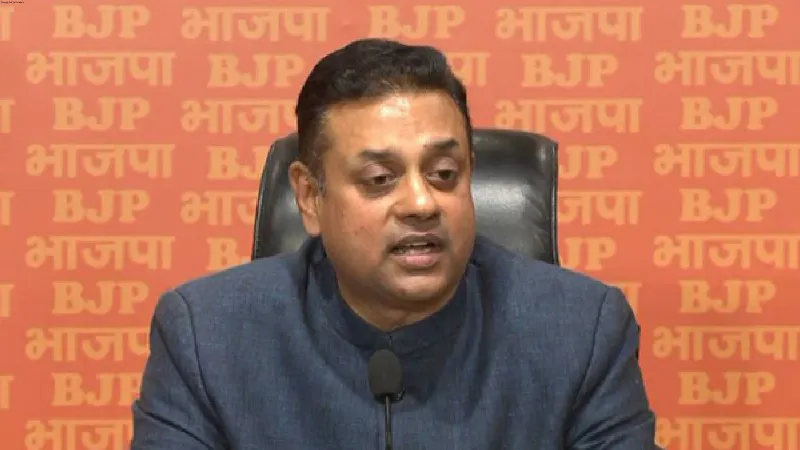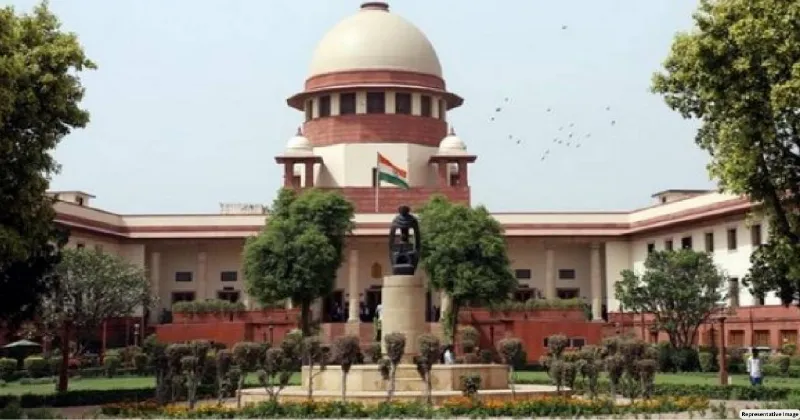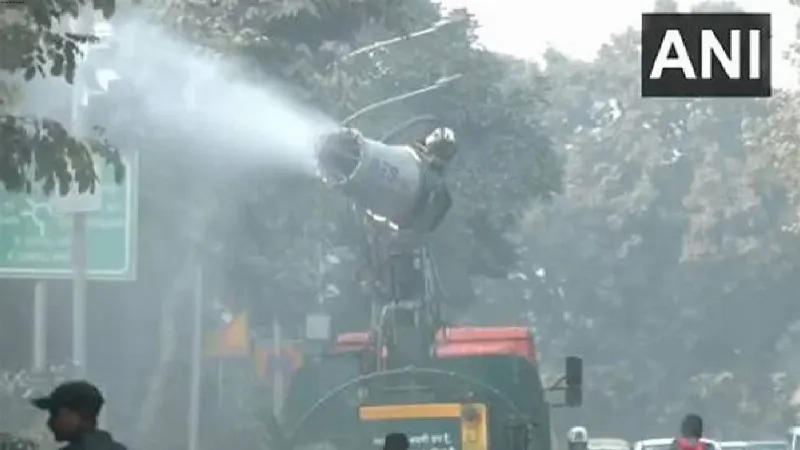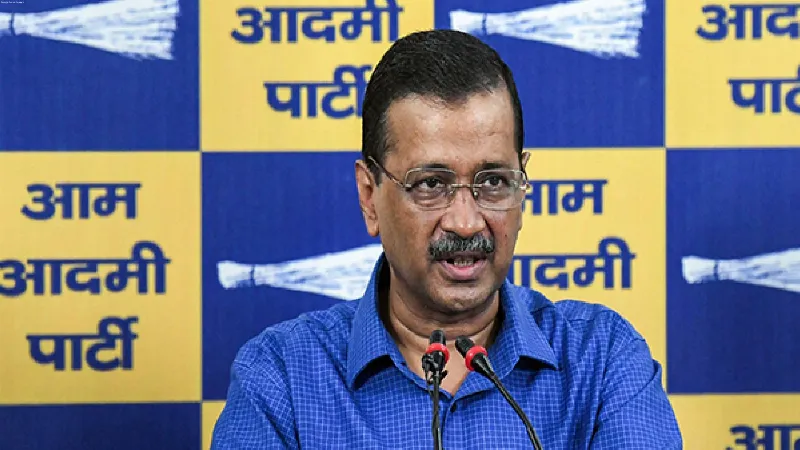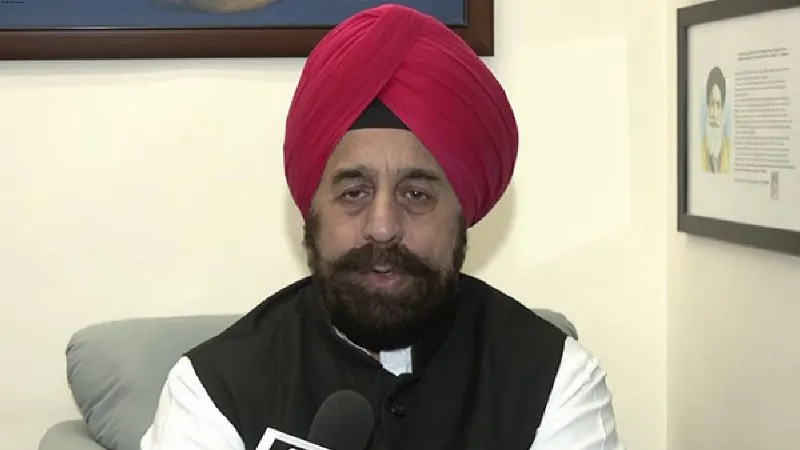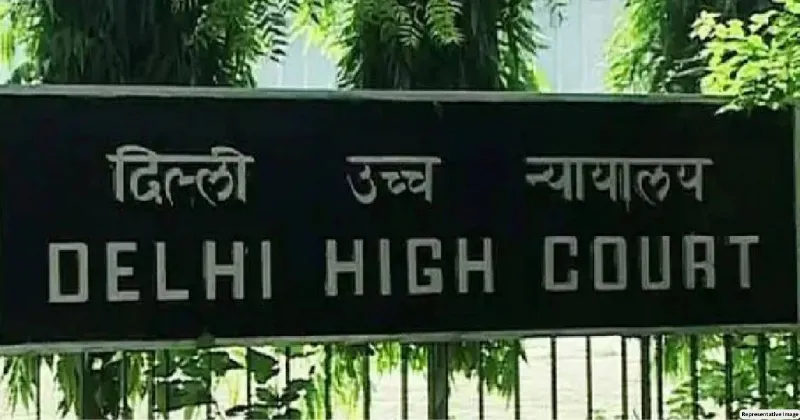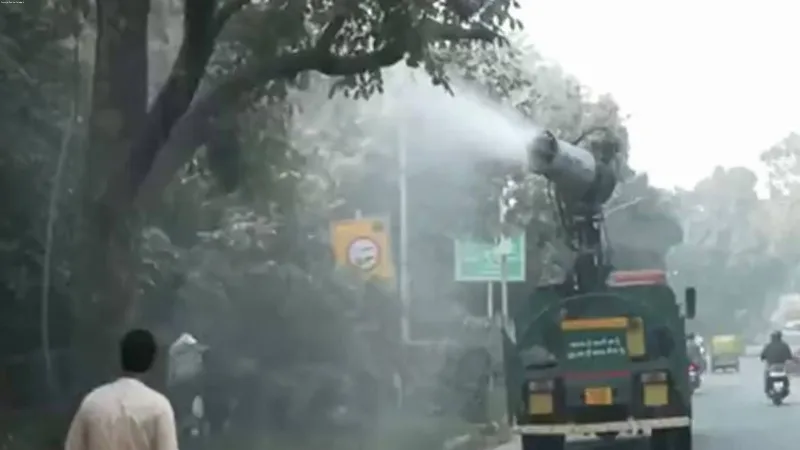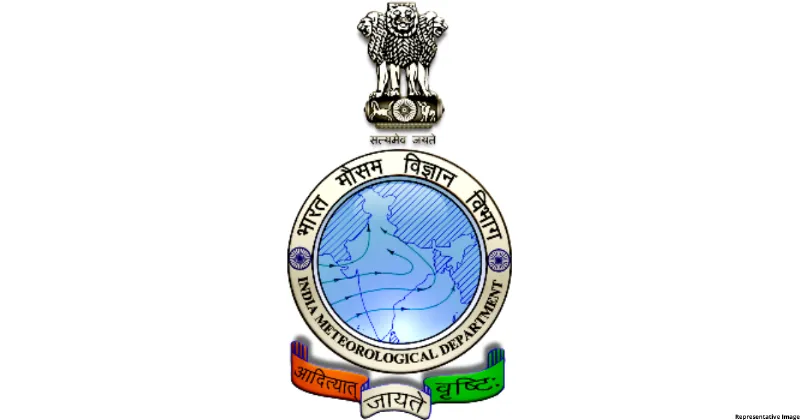Latest News
Shambhu border blockade: SC says don't politicise farmers' protest; forms committee to resolve grievances
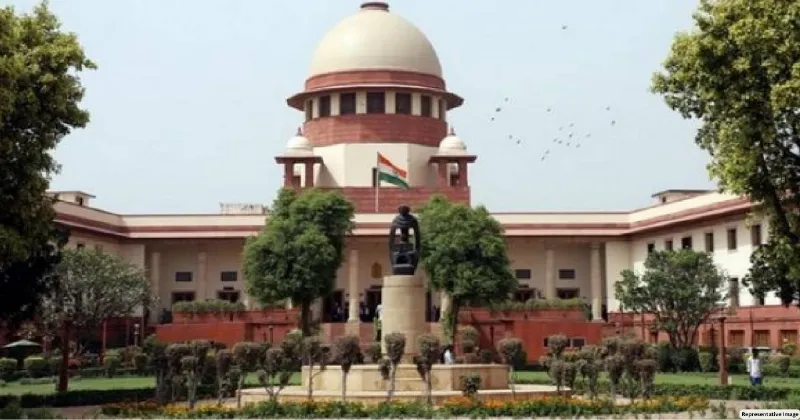
New Delhi: The Supreme Court on Monday said that farmers' protest must not be politicised and constituted a high power committee to look into the issues of the agitating farmers at Shambhu border near Ambala, where they have been camping since February 13.
A bench Justices Surya Kant and Ujjal Bhuyan said that five-members committee will be headed by Justice Nawab Singh, former judge of Punjab and Haryana High Court, and directed the committee to convene its first meeting with farmers within a week.
The top court asked the committee to reach out to and request the agitating farmers to remove their tractors, trolleys etc. from the Shabmhu border at the National Highway so as to provide relief to the general public.
The apex court said that there is a sizeable population of agricultural communities in the two States that belong to marginalised communities and living below the poverty line, and deserve empathy.
"The High powered committee should reach out to and request the agitating farmers to remove their tractors. We hope the farmers will listen to the committee and vacate their vehicles from the border to provide huge relief to the general public...," said the bench.
The apex court said that protesters can shift their agitation to an alternate.
It further asked the Chief Secretaries and DGP of both States to help the committee and consult the Chairperson for the needful.
Earlier, the top court had asked both the states to submit a list of names of persons who could be included in the committee to hold negotiations with the protesters and the governments.
The Supreme Court was hearing an appeal against the July 10 Punjab and Haryana High Court order by which it had directed it to open the highway and clear the barricading within seven days.
In February, the Haryana government had set up barricades on the Ambala-New Delhi national highway farmers bodies announced that farmers would march to Delhi in support of various demands, including a legal guarantee of minimum support price (MSP) for crops.


